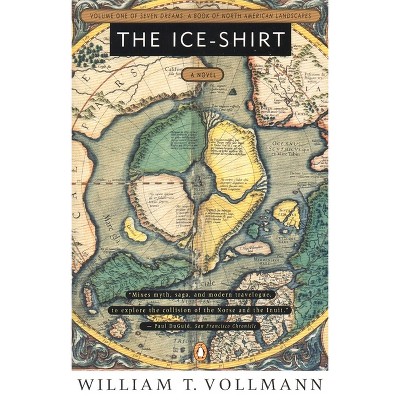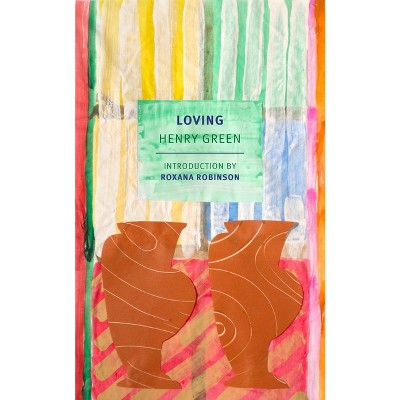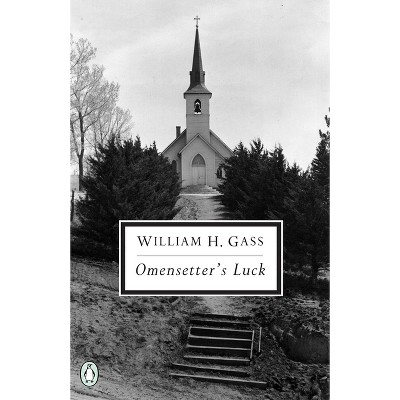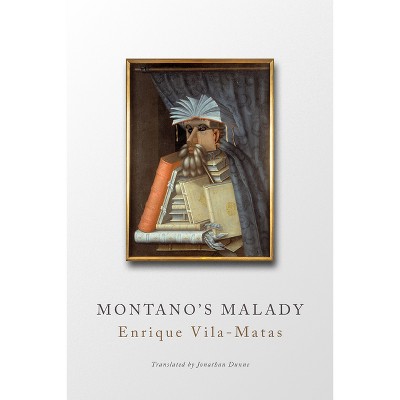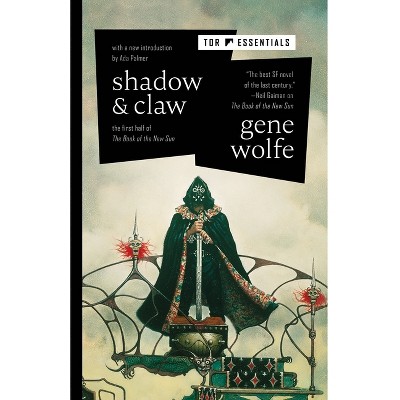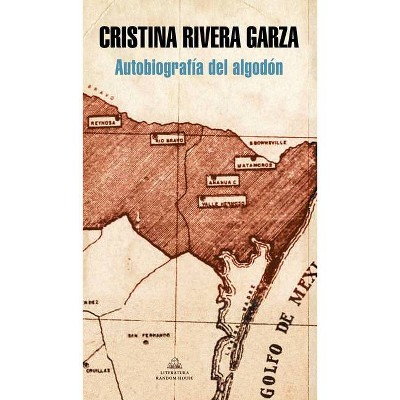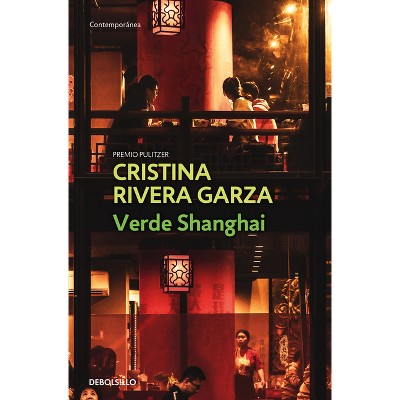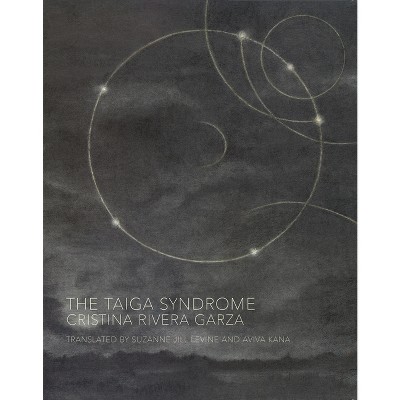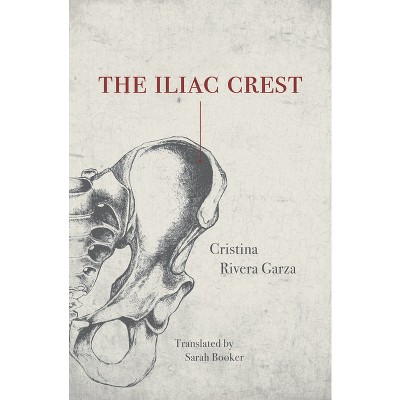Sponsored

Autobiography of Cotton - by Cristina Rivera Garza (Paperback)
Pre-order
Sponsored
About this item
Highlights
- In 1934, a young José Revueltas traveled to Tamaulipas to support the cotton workers' strike in Estación Camarón, which became the basis of his landmark novel Human Mourning.
- About the Author: Cristina Rivera Garza is the Pulitzer Prize-winning author of Liliana's Invincible Summer.
- 264 Pages
- Fiction + Literature Genres, Literary
Description
About the Book
A novel about how cotton workers transformed the Mexico-US borderlands, by a Pulitzer Prize-winning authorBook Synopsis
In 1934, a young José Revueltas traveled to Tamaulipas to support the cotton workers' strike in Estación Camarón, which became the basis of his landmark novel Human Mourning. In her own groundbreaking novel, Autobiography of Cotton, Cristina Rivera Garza recounts her grandparents' journey from mining towns to those same cotton fields as it intersects with Revueltas's life in a vivid and evocative history of cotton cultivation along the Mexico-US border.
Through archival research and personal narrative, Rivera Garza chronicles the way cotton transformed the borderlands by reconstructing the cotton workers' strike and reveals how cycles of deprivation and ecocide persist across generations. Deeply personal and politically acute, Rivera Garza crafts a new kind of border novel that tells how a brittle land radically altered her grandparents' lives and the territories they helped develop. An intimate fictionalization, Autobiography of Cotton reveals a rich social history of agricultural colonization, labor activism, environmental degradation, and cross-border migration.Review Quotes
"Autobiography of Cotton reclaims and reconstructs long-forgotten histories in long-dismissed corners of our continent, revealing the political and ancestral mythologies perpetually refracted and distilled by the Mexico-US borderlands. Cristina Rivera Garza has become an oracle of the in-between, confirming, with each new book, her status as one of North America's greatest living writers."--Francisco Cantú, author of The Line Becomes a River
"In the vast field between history, memory, and erasure, a sea of white gold: the cotton trade in postrevolutionary northern Mexico, and the tangled narrative roots of political, ecological, and epistemic violence beneath. Cristina Rivera Garza--mythmaker, archivist, historiographer, etymologist, and philosopher--brings down the veil between parallel countries and parallel histories and reveals the blood-soaked blossom between them: Gossypium hirsutum, crop and capital, thirsty driver of the economies, borders, bodies, and timelines that split along this continent's rivers. Autobiography of Cotton is a triumph of the critical and speculative imagination."--Vanessa Angélica Villarreal, author of Magical/Realism
About the Author
Cristina Rivera Garza is the Pulitzer Prize-winning author of Liliana's Invincible Summer. A MacArthur Fellow, she is the Hugh Roy and Lillie Cranz Cullen Distinguished Chair and founder of the University of Houston's PhD in Creative Writing in Spanish.
Christina MacSweeney is the award-winning literary translator of works by Julián Herbert, Valeria Luiselli, and Elvira Navarro. She received the 2024 Sundial Literary Translation Award for her translation of Verónica Gerber Bicecci's The Company.Shipping details
Return details
Frequently bought together




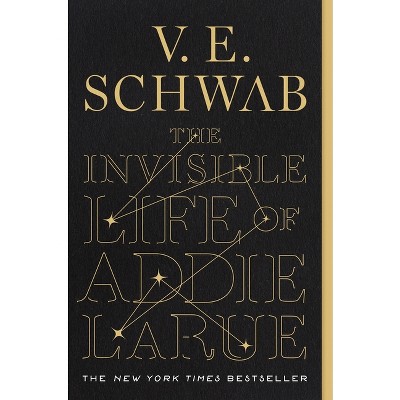
Guests also viewed
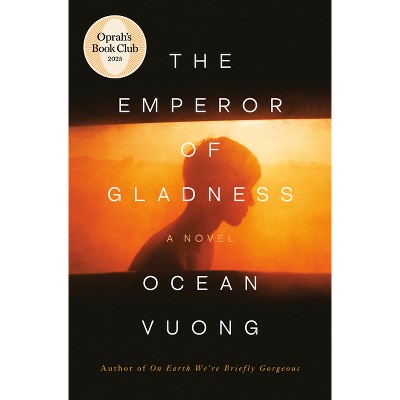
Discover more options


